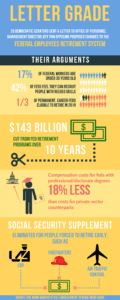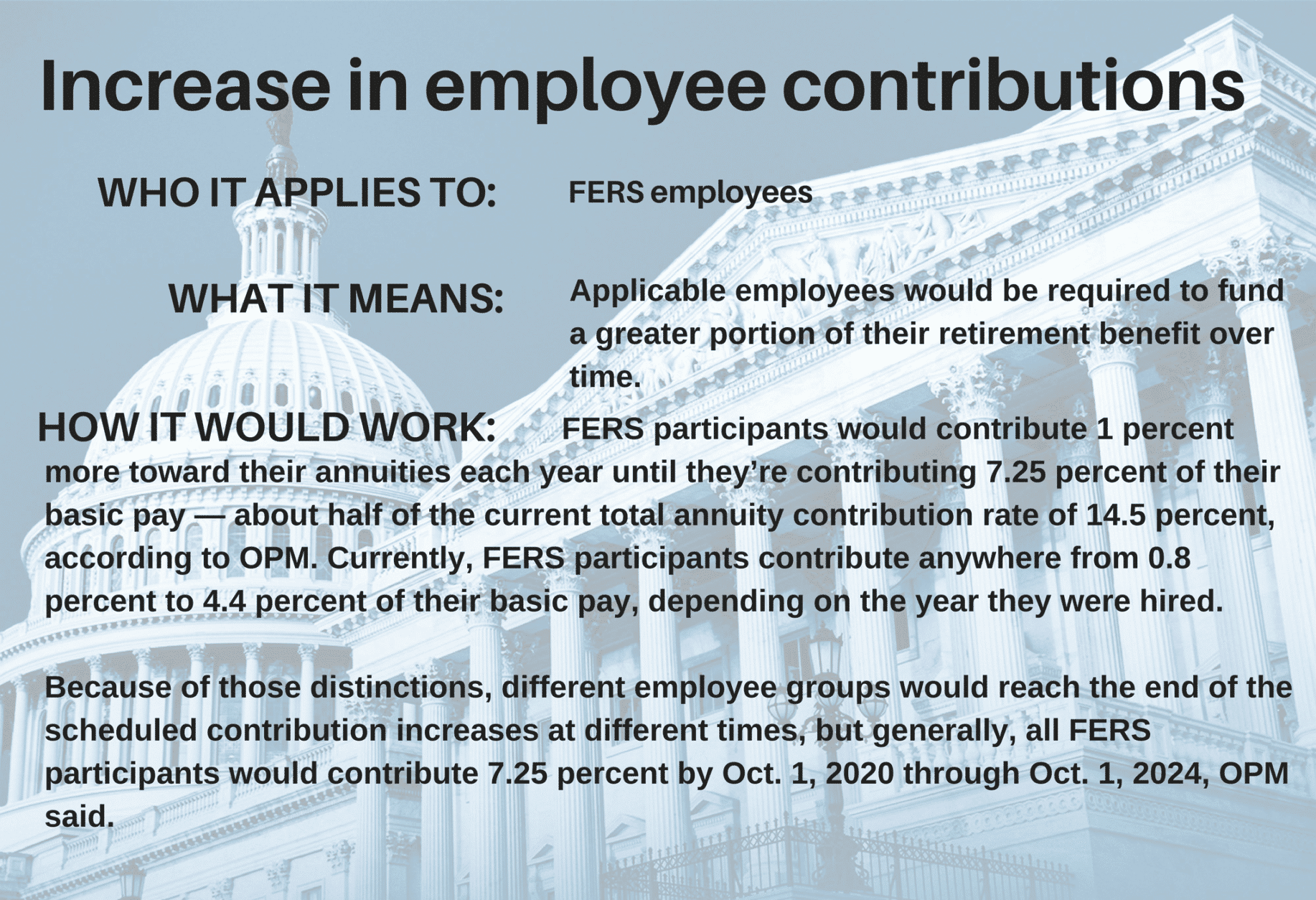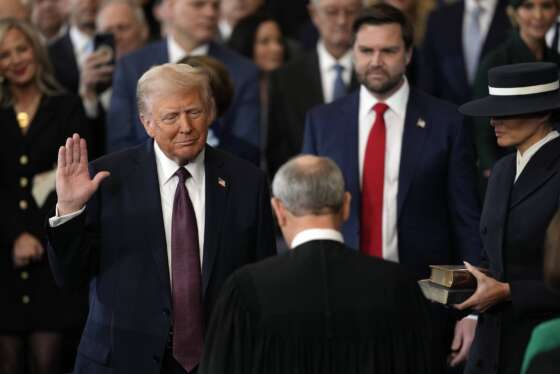
Over 25 senators urge OPM to drop proposed retirement changes, focus on recruitment challenges
More than a quarter of senators say they're concerned about the Office of Personnel Management's four legislative proposals to change federal retirement.
More than a quarter of the Senate has expressed concern with the Office of Personnel Management’s proposed changes to the federal employee retirement system.
In a letter to OPM Director Jeff Pon, 26 Senate Democrats urged the administration to put aside these proposals and refocus their efforts on on recruitment and retention goals.
 “As you continue to develop the legislative proposals related to the compensation of federal employees, we urge you to move past the draconian cuts that harm the financial security of federal employees in every state across the country, and instead commit to comprehensive reforms that modernize our government’s compensation system in a way that encourages the best and the brightest talent to join the ranks of our dedicated civil servants,” the senators wrote in the June 13 letter. “We would welcome the opportunity to work with you in accomplishing that important goal.”
“As you continue to develop the legislative proposals related to the compensation of federal employees, we urge you to move past the draconian cuts that harm the financial security of federal employees in every state across the country, and instead commit to comprehensive reforms that modernize our government’s compensation system in a way that encourages the best and the brightest talent to join the ranks of our dedicated civil servants,” the senators wrote in the June 13 letter. “We would welcome the opportunity to work with you in accomplishing that important goal.”
Virginia Sens. Mark Warner and Tim Kaine, along with Maryland Sens. Ben Cardin and Chris Van Hollen are among the 26 members who wrote to OPM Director Jeff Pon.
Other signatories include Sens. Tom Carper (D-Del.), Elizabeth Warren (D-Mass.), Patty Murray (D-Wash.), Kirsten Gillibrand (D-N.Y.), Dianne Feinstein (D-Calif.), Claire McCaskill (D-Mo.), Jack Reed (D-R.I.) Bernie Sanders (I-Vt.), Tammy Duckworth (D-Ill.) and Heidi Heitkamp (D-N.D.).
The senators didn’t shrug off the concept of civil service modernization, and they acknowledged some changes to the current federal compensation system may be helpful.
Instead, the senators focused their arguments on OPM’s specific retirement proposals, which would impact current and future federal employees and retirees.
“We fear that these cuts are motivated by an ongoing effort to balance the budget on the backs of federal workers rather than an effort to provide a comprehensive approach to modernizing federal employee compensation,” the senators said.
The senators also criticized the administration’s justification for the retirement proposals. Both OPM and the president’s fiscal 2019 budget request have pointed to a 2017 Congressional Budget Office study, which concluded government spends about 17 percent on employee compensation than the private sector.
But CBO also found federal employees with professional or advanced degrees earn roughly 18 percent less than their counterparts in the private sector.
“To further increase this differential would hamper our ability to hire experts in mission-critical areas,” the senators said. “Furthermore, CBO states that the scope of their analysis is limited to selected benefits, and does not include, for example, the stock options that some private sector firms provide to their employees.”
The senators’ letter focuses mostly on their concerns with agencies’ ability to recruit and retain young talent. They cited data from the most recent Federal Employee Viewpoint Survey (FEVS), which indicated 42 percent of the workforce believes their agencies can truthfully recruit talent with the needed skills.
“We feel strongly that the impact of across-the-board pay freezes and continued threats to earned benefits will be devastating to retention and recruitment,” the senators wrote. “Modernizing the federal workforce and the package of benefits offered to our federal employees is a worthy goal; however, if enacted, these proposals would not be a modernization, but would instead reverse course by making the federal government a less attractive place to work.”
OPM submitted four legislative proposals to change the current retirement system to House Speaker Paul Ryan (R-Wis.) last month. The agency reportedly wanted Congress to include these proposals in the defense authorization act, which is considered must-pass legislation.
The House, which already passed its version of the National Defense Authorization Act (NDAA), did not include OPM’s proposals in the legislation. The Senate is still considering its version of the bill now, but the retirement proposals haven’t yet been a part of the legislative debate.
Click through the gallery to learn more about the proposed changes:
Copyright © 2025 Federal News Network. All rights reserved. This website is not intended for users located within the European Economic Area.
Nicole Ogrysko is a reporter for Federal News Network focusing on the federal workforce and federal pay and benefits.
Follow @nogryskoWFED
Related Stories







